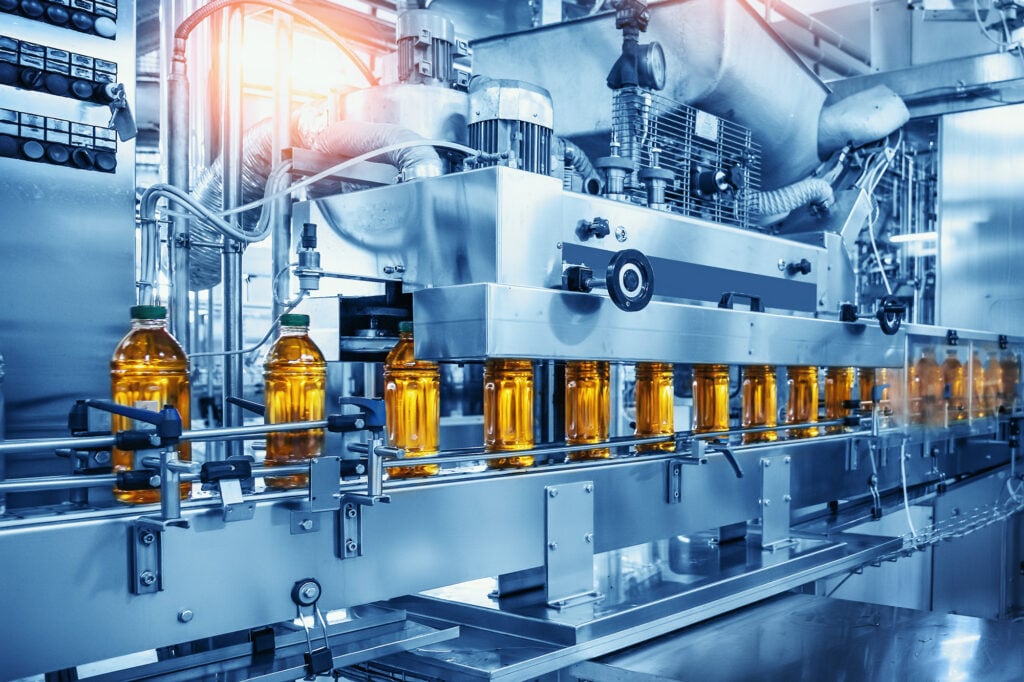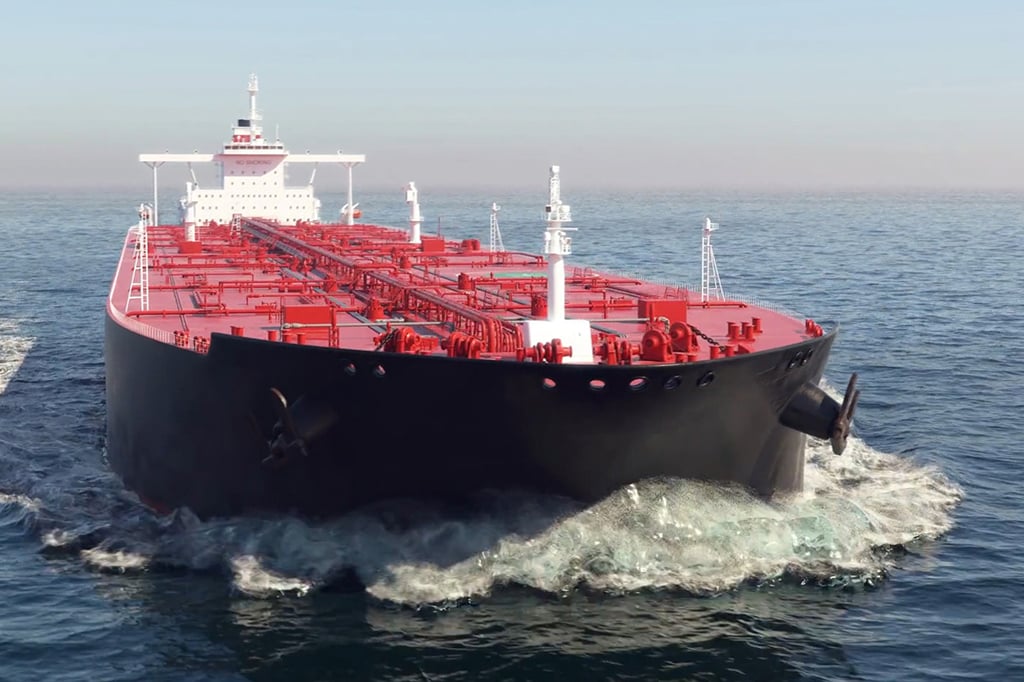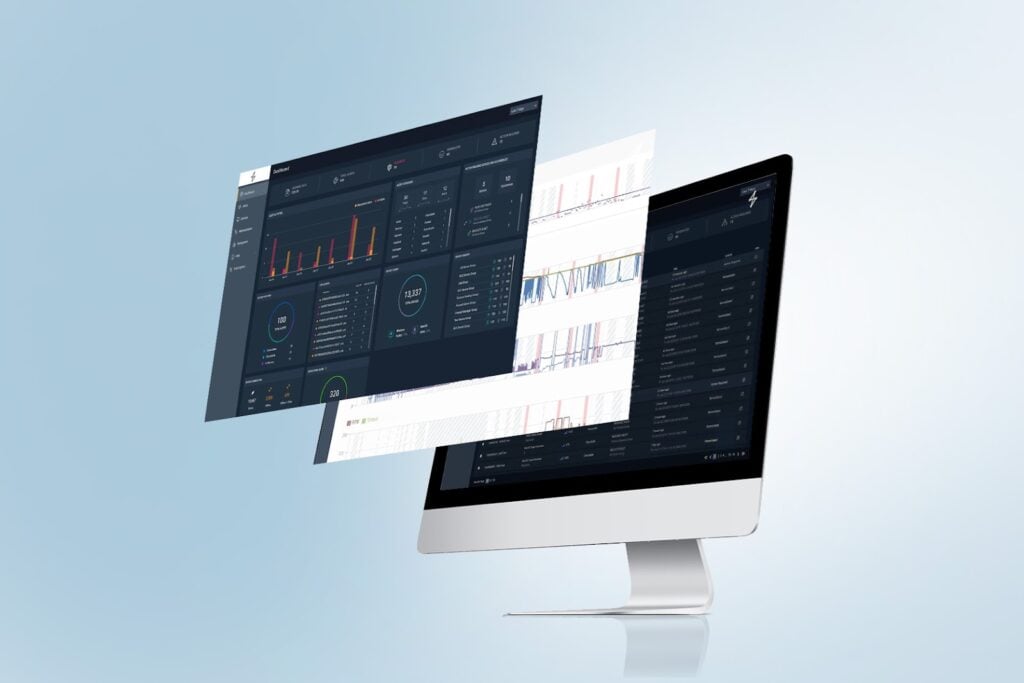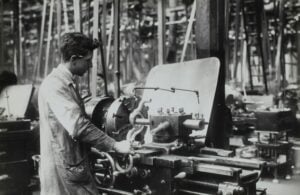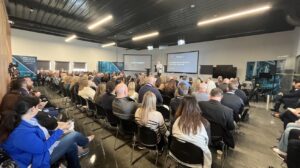Any AI-sector analyst chartered with tracking SparkCognition’s successful customer engagements probably deserves our sympathy.
After all, there are just so many these days to keep track of.
There is, for instance, the case of the Fortune 50 global beverage manufacturer looking to improve production efficiency. The beverage space is notably low-margin, and as a result, manufacturers strive to hit business targets through sheer volume, exceptional agility in responding to changing demand levels, and especially via efficient output at plants.

This particular manufacturer sought to improve efficiency at a research and development plant by obtaining new insight into exactly how key resources were being utilized (or wasted) by its infrastructure.
Establishing that, however, was difficult partly because while the various production assets generated data, the data wasn’t well suited to analytics (either basic analytics or more sophisticated, AI-powered analytics). It was either of the wrong type or required substantial cleaning and normalization before it could be used.
Management systems also couldn’t analyze production via key performance indicators (KPIs) or leverage time series trending to reflect changes over time. Furthermore, while the company did generate efficiency reports, these reports were created manually, not automatically, and only at periodic intervals.
The result was that the plant’s shifting utilization of key resources, including but not limited to water and power, wasn’t as continually tracked and quantified as it needed to be, nor very easily correlated with changes in the infrastructure and its many assets. Lacking this necessary insight, the beverage manufacturer found it difficult to create, test, and improve new strategies to minimize resource waste, thus achieving the all-important goal of improving production efficiency.
For these reasons, the company reached out to SparkCognition for help — and our extensive expertise in AI services and implementation, not to mention our portfolio of top-tier AI products, proved to be directly on point. In particular, our Total Plant solution is designed for scenarios of just this type.
Initial consultation and assessment phases were quickly succeeded by implementation of our underlying data architecture, which ingests data from all relevant sources, then validates and cleans it to ensure it’s suitable for modeling and analysis.
Subsequently, we developed seven new deep learning models to detect anomalies in resource consumption, machine status/health, and overall efficiency. (As always with a Total Plant solution, these models were tailored to the specific data, technical context, and business goals and strategies of the client.)
Once developed, the models were deployed into our AI platform for execution and KPI-driven reporting. Another key new function we delivered: predictive analysis, to anticipate problems before they occur, based on patterns detected in current and historical data, and notify the beverage manufacturer in time to take preventative action.
Finally, the results of the AI-powered analysis were delivered via a configurable dashboard that provides at-a-glance insight into the plant’s efficiency, including new KPIs reflecting water usage, water balance, power consumption, heat generation, and waste levels. This information can also now be streamed whenever, wherever, and to whomever the manufacturer requires, now or in the future.
Beyond reflecting current status levels and efficiency, the new insight into production will also directly inform strategies designed to maximize efficiency — which in the beverage space, can mean extraordinary results based on relatively little change. While outcomes vary from plant to plant, past results suggest that an efficiency improvement of as little as 2-5% can translate into truly impressive cost savings per year, helping to offset the low margins endemic to the industry.
Additional value will emerge from the way the Total Plant solution informs agility strategies — key for a research and development plant responsible for creating new products. For instance, in a future scenario where the manufacturer wants to dial up testing of a particular product, to address growing demand in a particular region, the Total Plant solution can quantify whether current plant efficiency will support that goal — and if not, turn a spotlight on the necessary changes.

All of these optimizations and new capabilities have left the beverage manufacturer toasting the outcome. In the coming months, they’ll engage SparkCognition at another, even more important plant to detect problems, trace them to root causes, improve process efficiency and holistic performance, and provide clear, KPI-driven insights into any requisite domain.
Interested in learning more? Check out the many capabilities we offer manufacturers — and stay tuned for future blog entries!


